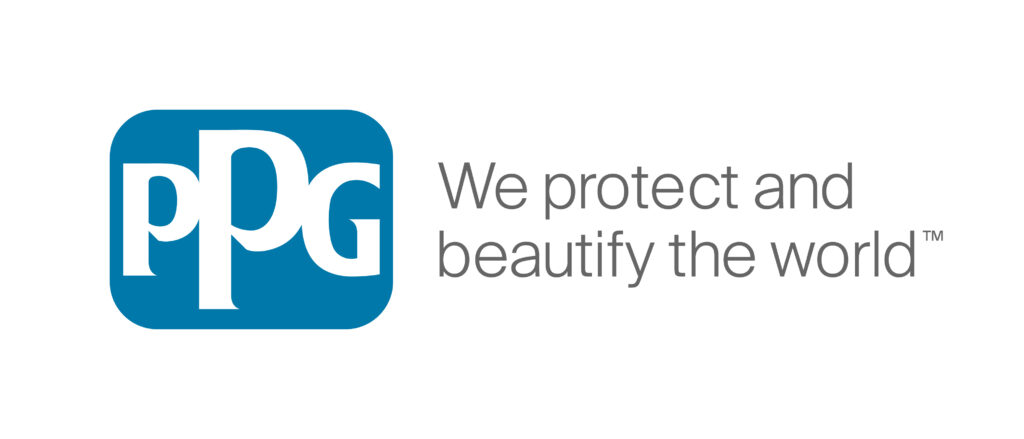
PPG Industries, a global coatings giant, reported a weaker-than-expected quarterly performance, revealing more than just internal challenges. The dip in numbers underscores persistent global supply chain disruptions, raw material inflation, and logistical pressures that continue to affect the entire paints and coatings industry.
PPG Industries, one of the world’s leading coatings manufacturers, posted disappointing quarterly results recently, missing analyst expectations on both revenue and earnings. But PPG’s underperformance isn’t an isolated event—it’s a clear reflection of the broader challenges faced across the coatings and chemicals sector.
Industry-wide, manufacturers are grappling with volatile input costs, labor shortages, and shifting global trade dynamics. PPG’s results echo similar concerns voiced by competitors like AkzoNobel and Sherwin-Williams, indicating that these disruptions are systemic rather than company-specific.
On the upside, the turbulence is prompting companies to localize supply chains, invest in sustainable raw materials, and explore alternative sourcing strategies. In the long run, while painful, these shifts may lead to a more resilient and adaptive coatings industry.
PPG’s weak quarter and broader supply chain disruptions—despite being short-term setbacks—are creating long-term benefits for manufacturers and domestic workers in India and other emerging markets.
As global giants like PPG struggle with raw material imports and overseas logistics, Indian manufacturers are stepping up to fill the supply gaps.
There is a growing shift toward domestic production of key inputs like resins, pigments, and additives. Make-in-India incentives and PLI schemes are encouraging local players to expand, upgrade, and supply to global brands.
Benefit: Domestic manufacturers are gaining contracts, growing market share, and building stronger pricing power.
